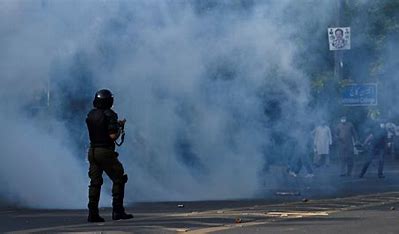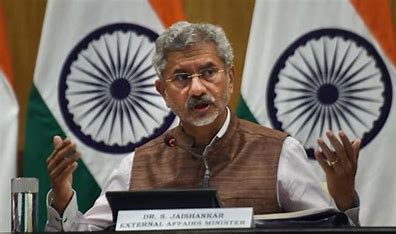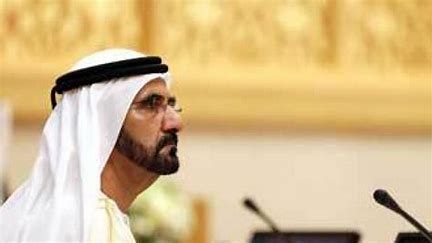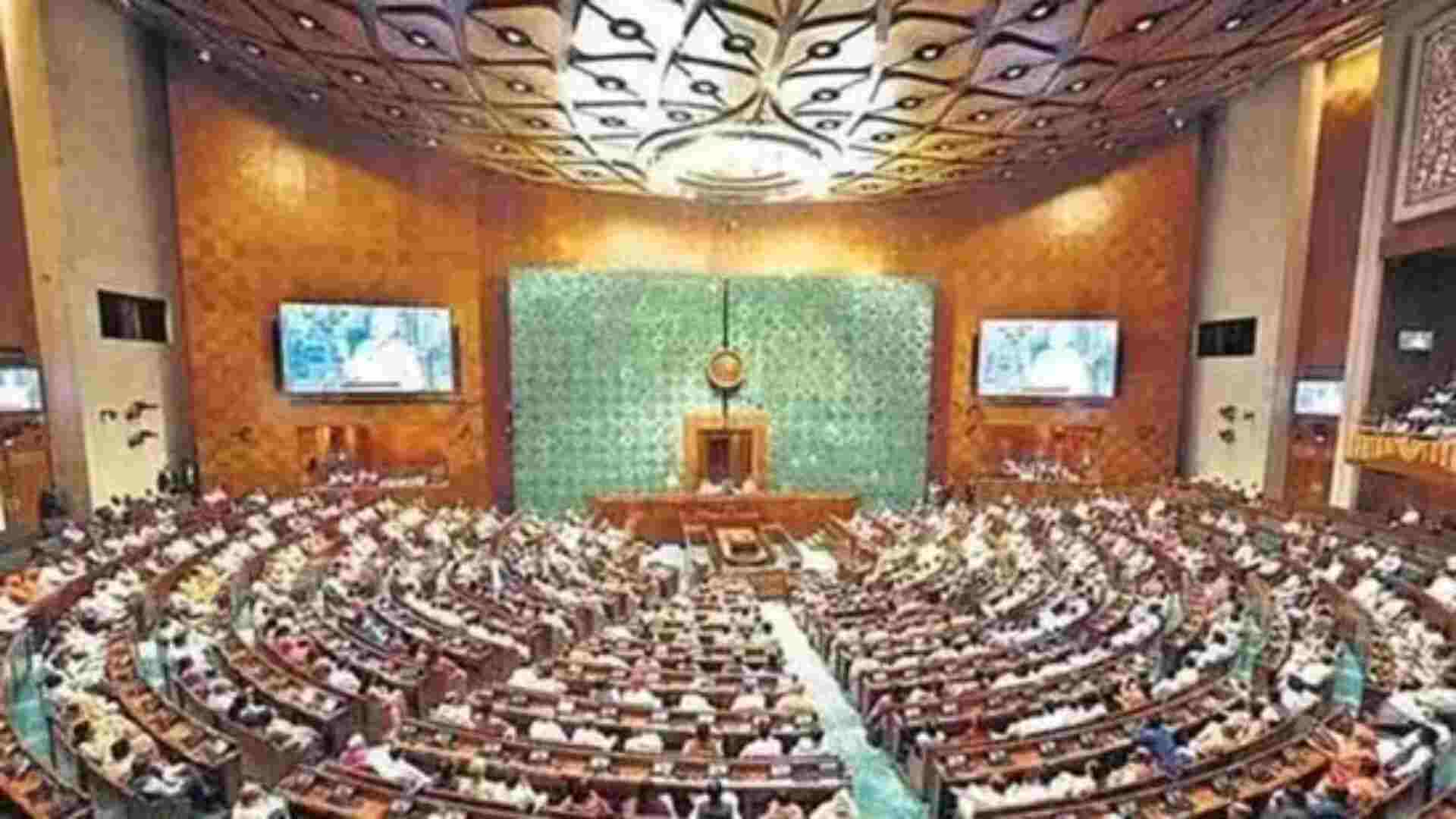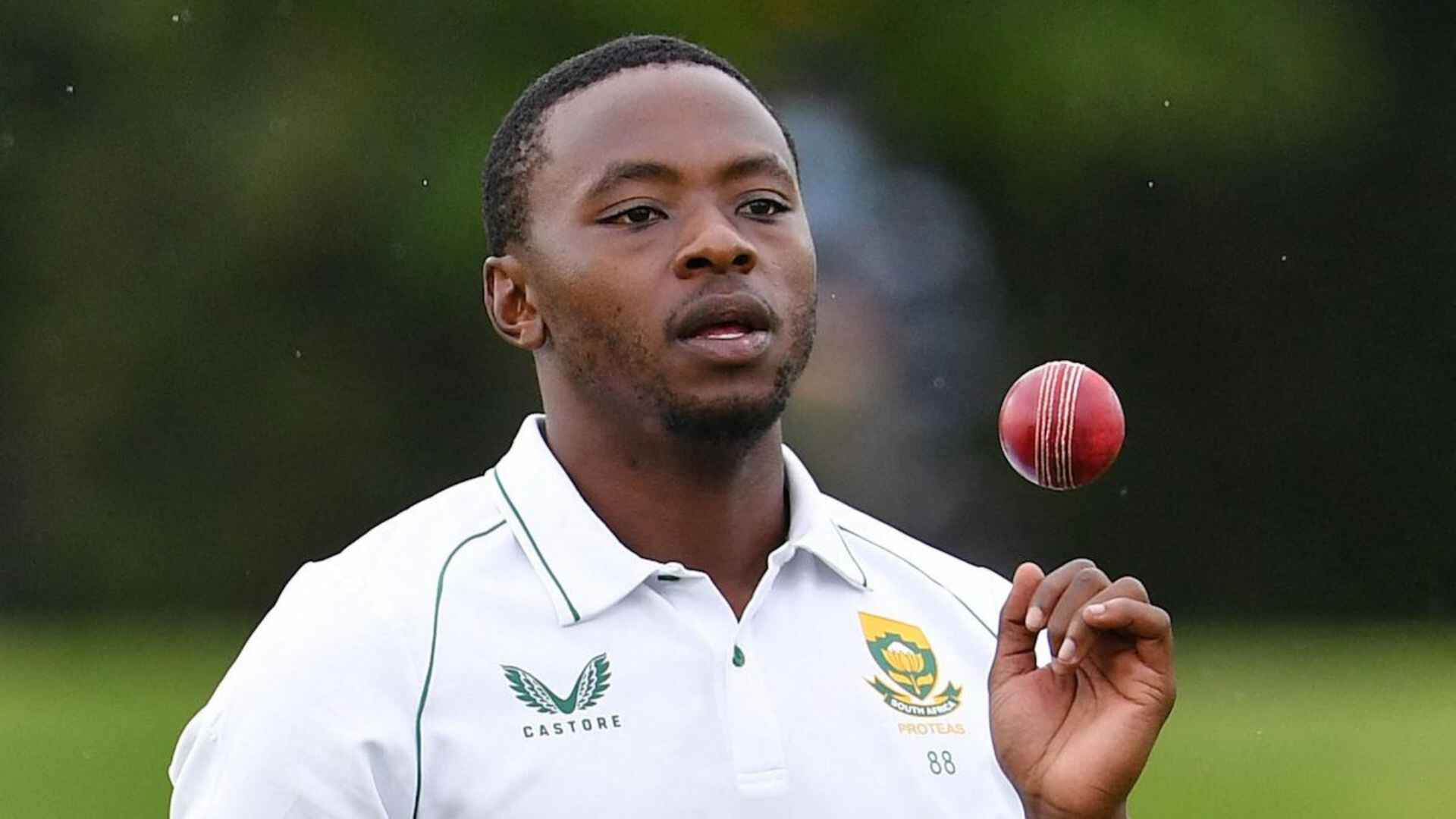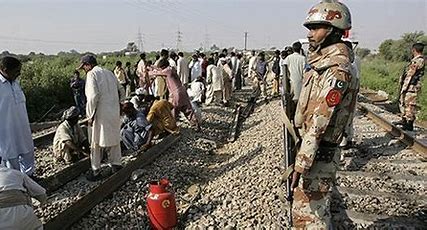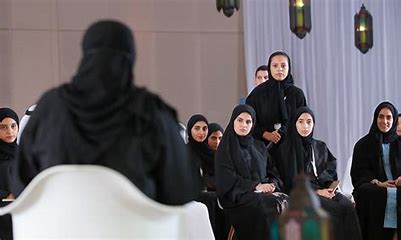
A delegation of senior US lawmakers, including former House Speaker Nancy Pelosi, met with the Dalai Lama and the Tibetan government-in-exile in India on Wednesday, provoking strong condemnation from China.
The bipartisan group, led by Congressman Michael McCaul and Pelosi, visited the 88-year-old Buddhist spiritual leader at his residence in Dharamsala, a hill town in northern India.
China, which claims Tibet as part of its territory, condemned the meeting as “external interference” and asserted that Tibet-related matters are “purely China’s domestic affairs.”
Pelosi addressed a gathering of Tibetans, expressing her honor at meeting the Dalai Lama. “It is truly a blessing,” she said, in a speech broadcasted by the government-in-exile’s Tibet TV.
This visit follows the US Congress passing a bill urging China to resume talks with Tibetan leaders, which have been stalled since 2010. The move is part of Washington’s efforts to reduce tensions with Beijing.
“This bill sends a message to the Chinese government that we have clarity in our thinking and understanding of Tibet’s freedom,” Pelosi said. “It tells China: ‘Things have changed now, prepare for that.'”
Pelosi mentioned that President Joe Biden is expected to sign the bill soon.
Ahead of the visit, the Chinese embassy in New Delhi criticized the meeting, labeling the Dalai Lama as “not a pure religious figure, but a political exile engaged in anti-China separatist activities under the cloak of religion.” Many exiled Tibetans fear Beijing will appoint a rival successor to the Dalai Lama to strengthen its control over Tibet, which it annexed in 1950.
The Dalai Lama fled Tibet at the age of 23, escaping an uprising crushed by Chinese troops. He crossed the Himalayas into India, where he has lived in exile since.
“The whole world, we are the same human beings, we all have the same rights — and this world belongs to humanity,” the Dalai Lama told the delegates. “We should take care of this world,” he added, emphasizing the importance of peace and happiness for all people.
The Dalai Lama relinquished his political role in 2011, handing over secular authority to a democratically elected government representing around 130,000 Tibetans globally.
Penpa Tsering, the sikyong or head of the Tibetan government-in-exile, reiterated their stance of seeking greater autonomy rather than full independence through the “Middle Way” policy. This approach aims to resolve the Sino-Tibet conflict through dialogue.
However, Chinese foreign ministry spokesman Lin Jian accused the Tibetan administration of attempting to break away from China.
